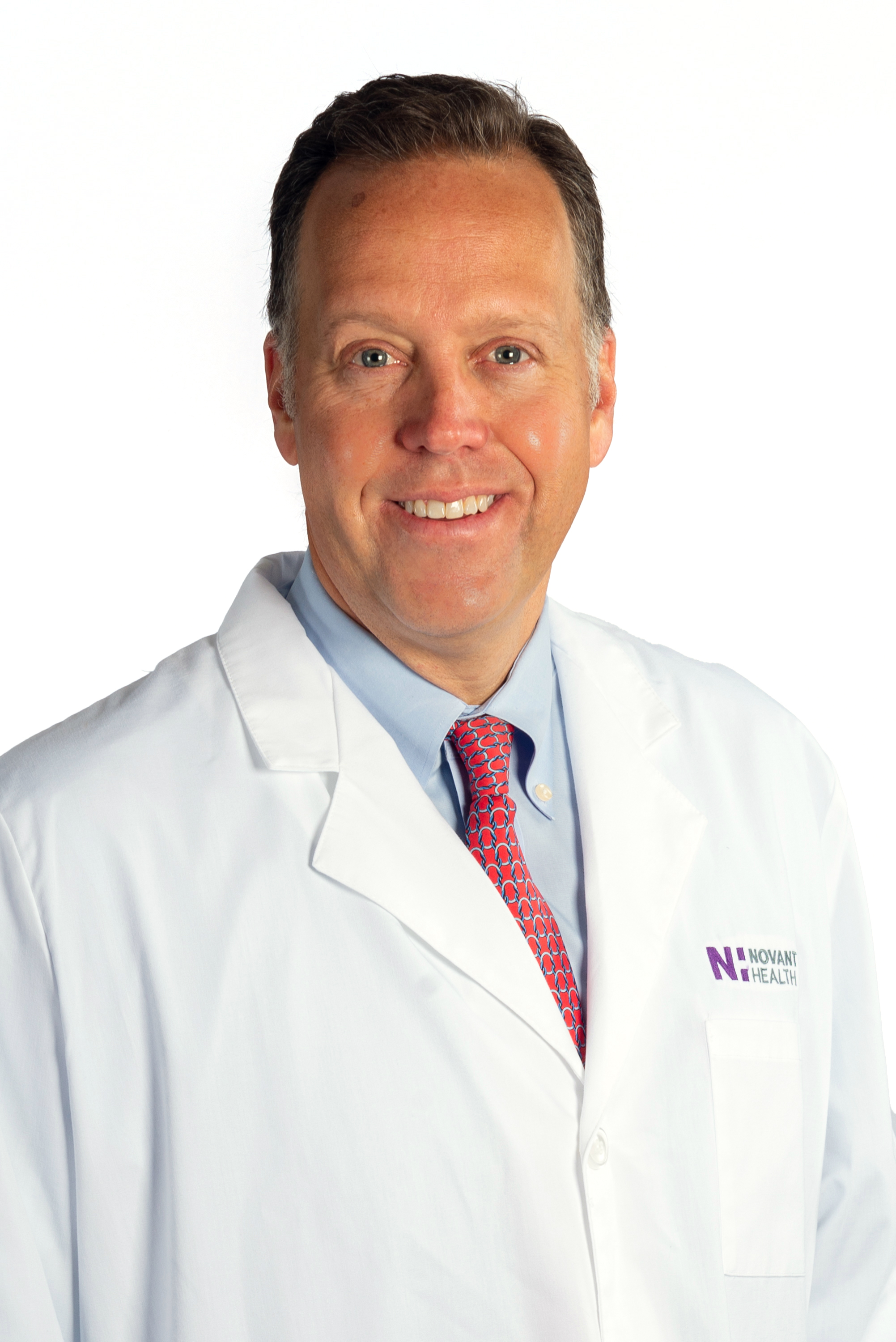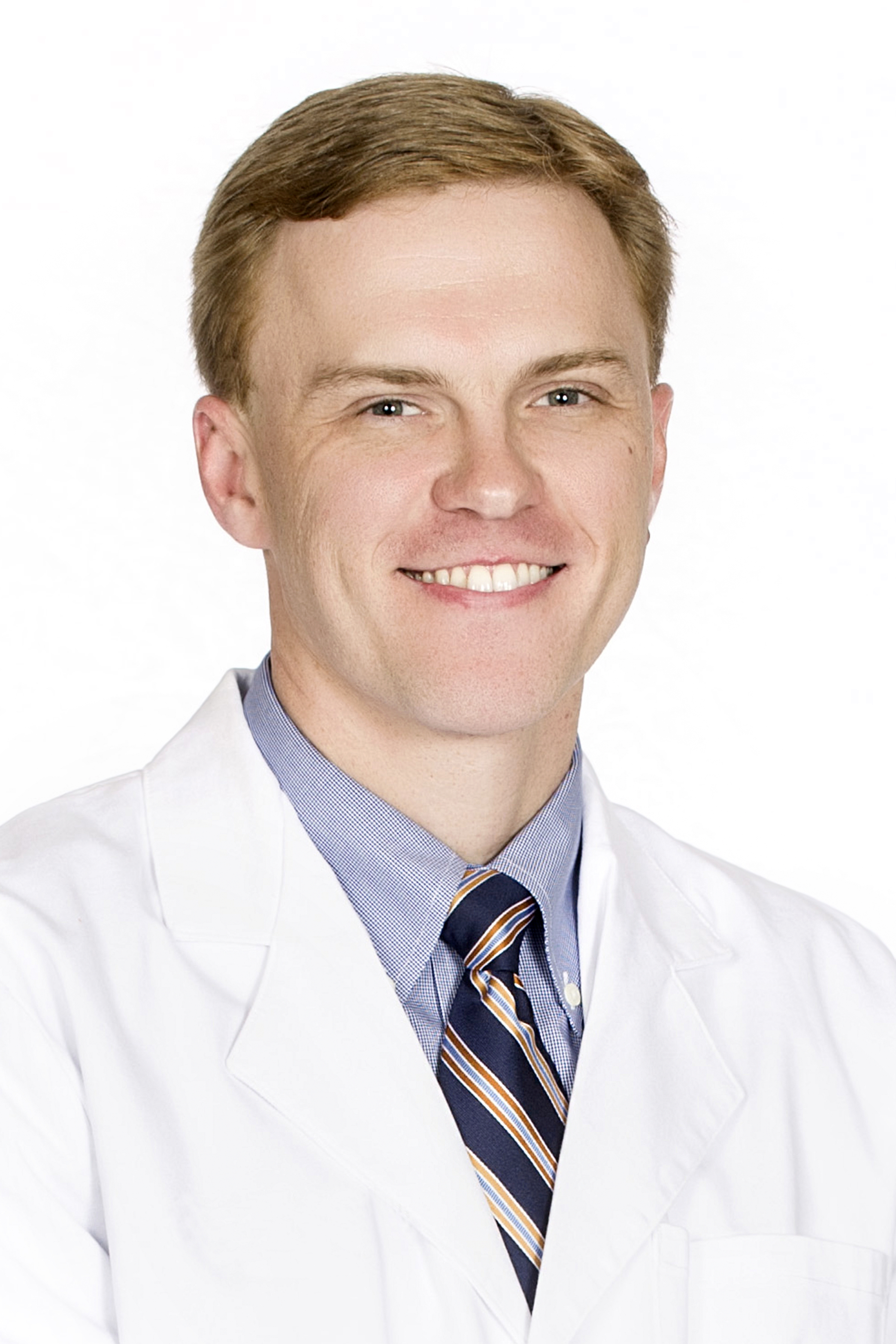Whether patients need a tricuspid valve repair or intervention, there’s now a device available that supports faster recovery and fewer complications from Charlotte to the coast. The Abbott TriClip device was just approved by the FDA in April 2024 to repair leaky tricuspid heart valves, or tricuspid regurgitation, which involves the three valve leaflets failing to open and close properly while controlling blood flow. A research team at Novant Health Presbyterian Medical Center in Charlotte contributed to clinical trial results, which confirmed that the TripClip safely and effectively clips together parts of the problematic leaflet to restore proper function and proper direction of blood flow. Trial data showed a reduction in symptoms and an improvement in quality of life for participants.
Not long after device approval, interventional cardiologists Dr. Sam Turner and Dr. Robert Preli performed the first transcatheter tricuspid valve heart procedure with the TriClip at Forsyth Medical Center in December 2024. They were able to access the patient’s heart through the femoral artery in the groin to reach the malfunctioning tricuspid valve and apply the device.
“We can tell right away when the procedure is successful,” said Dr. Turner of Novant Health Cardiology. “And patients can notice rapid improvements in their overall well-being.” His first TriClip patient shared improvements including better stamina and reduced shortness of breath.

“The transcatheter TriClip procedure is a promising option for patients who are high-risk for surgery because of comorbidities or advanced age,” said Dr. Preli of Novant Health Cardiology. “It can also benefit patients who struggle with persistent symptoms of tricuspid regurgitation despite trying medications to reduce those symptoms or to treat the underlying cause, such as liver disease.”
Without repair, a leaky tricuspid valve sends blood back toward the heart, making it work harder and setting patients up for risk of fatigue, shortness of breath or life-threatening complications.

The repair takes several hours, with only one day typically needed in the hospital to recover before the patient can go home. We want patients to get back to a better version of their lives as soon as possible, and getting back to life at home is the first big step." said Dr. Lance Lewis of Novant Health Cardiology in Wilmington.
“Recovery is much smoother for patients who choose the TriClip procedure than for those who have undergone open-heart surgery,” Dr. Preli said. “While there may be some initial discomfort at the catheter insertion site, we have patients come back for regular follow ups to make sure there are no post-procedure complications or valve dysfunction. We also use that time to stay on track with any medications or lifestyle adjustments. But overall, patients typically get back to their normal activities in just a few weeks.”
Globally, TriClip has been used in the treatment of more than 10,000 patients with tricuspid valve regurgitation.

“Earlier referrals can help ensure that the TriClip procedure is a viable option for more patients,” Dr. Turner said. “Not only can we intervene before their condition worsens, but we can help patients avoid more serious complications like pulmonary hypertension, atrial fibrillation and congestive heart failure.”
Referring physicians can also expedite the treatment process by coordinating diagnostic testing, which includes echocardiography, cardiac MRI and right heart catheterization to determine how severe the patient’s condition is and to evaluate right ventricular function. “We collaborate with the patient’s referring physician as well as a multidisciplinary team that includes cardiologists and cardiac surgeons to make sure that a transcatheter intervention is the best fit for that individual,” Dr. Preli said. “More importantly, we take the time to talk through the process and procedure with the patient, so they can be confident they’re choosing a treatment option that’s best for their health goals.”
Novant Health Heart & Vascular Institute continually innovates to provide leading-edge treatment of heart and vascular conditions. In addition to offering tricuspid valve repair with the TriClip, the institute’s interventional cardiologists provide non-sternotomy approaches for open-heart surgery; that includes replacement and repair of tricuspid valves, as well as mitral valves and aortic valves. They also specialize in thrombectomy devices and thrombolytic therapies to treat deep vein thrombosis and pulmonary embolism.
“Regardless of condition or care plan, patients can expect proven and personalized care for their cardiovascular conditions,” Turner said.
Contributing subject matter experts:
Learn more about our Nationally Recognized Heart and Vascular Care







